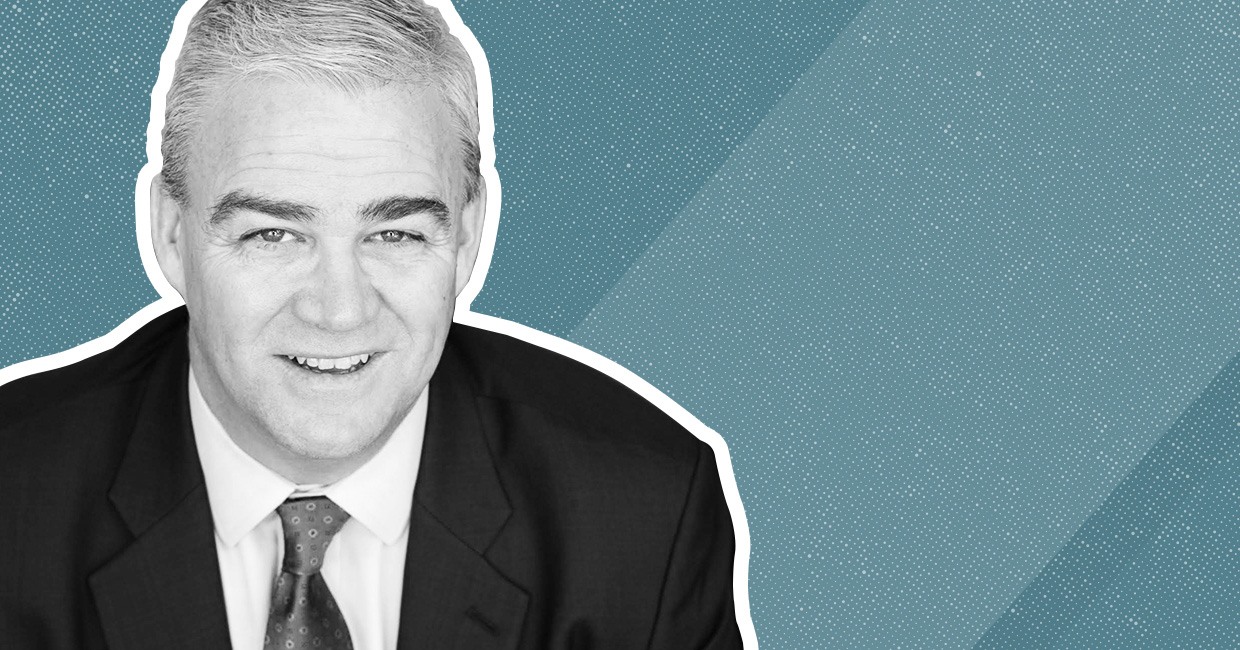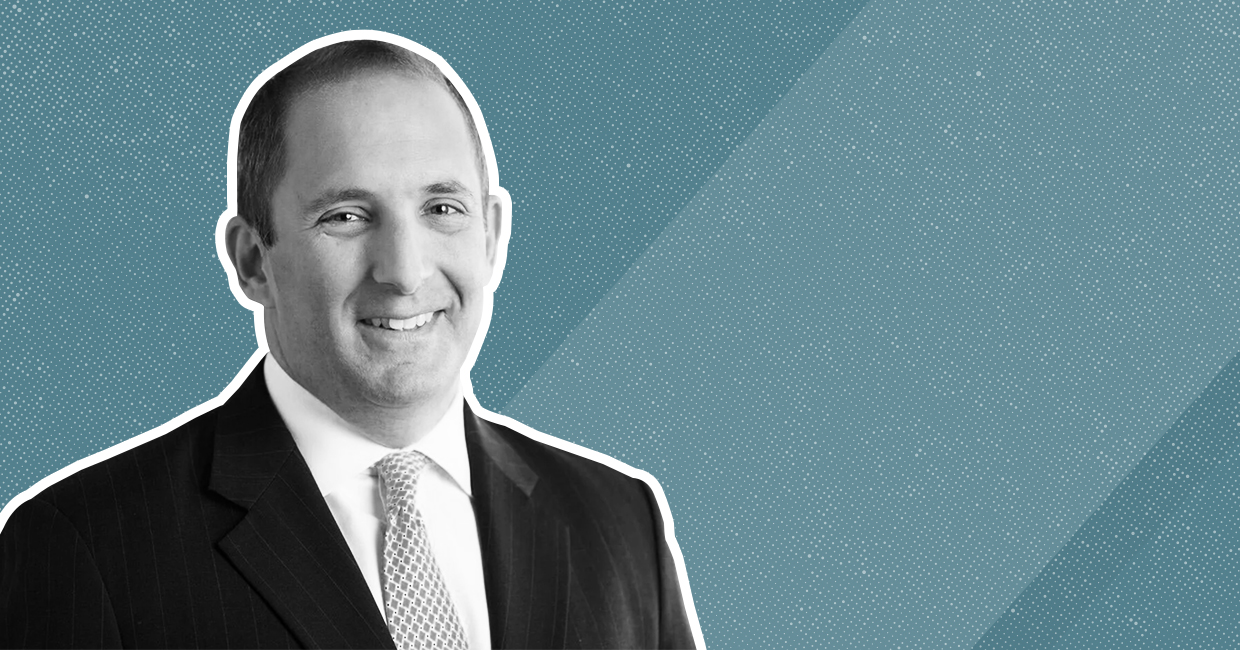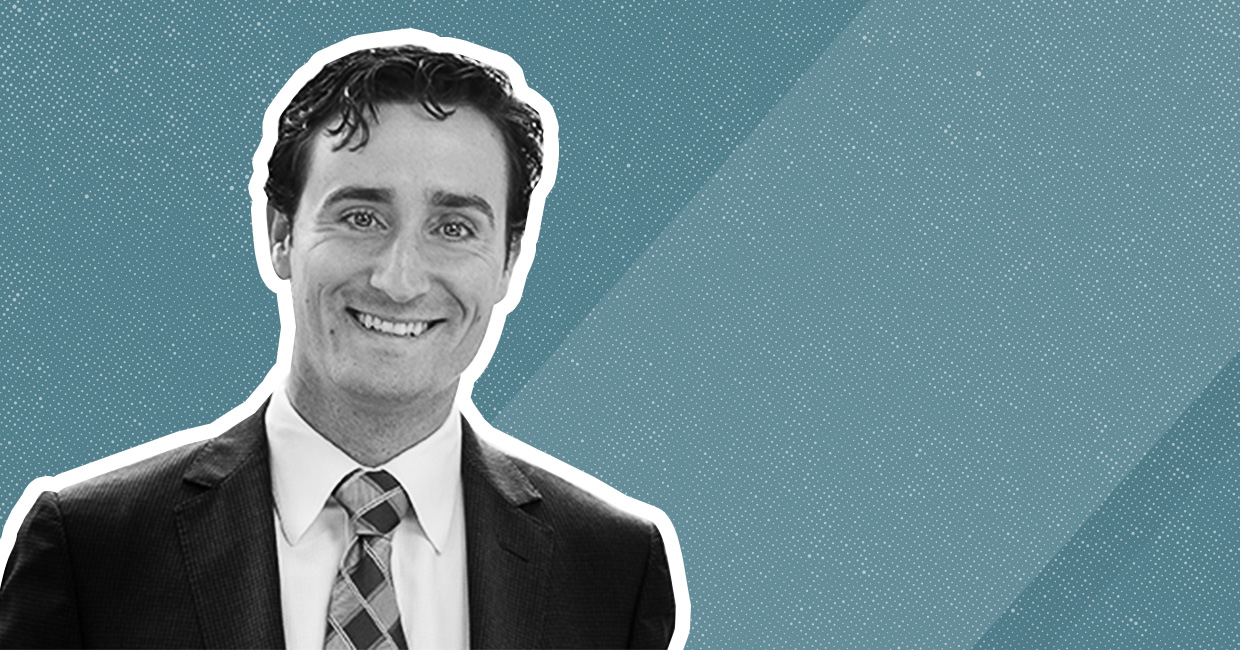The Proust Questionnaire was a parlor game popularized by French writer Marcel Proust. He believed that, by answering a few provocative questions, a person would reveal his or her true nature. In this series, we’ve asked a who’s who of M&A, private equity, finance, and legal professionals to provide short answers to our Proust Questionnaire for Dealmakers. Read on to hear what their candid responses reveal about themselves and the science and culture of dealmaking today.
Which words or phrases do M&A professionals most overuse?
- Disruptive: What happened to “new and improved”? There have been some disruptive technologies, Uber and Airbnb, for example; most claims of disruption are really just the automation of things.
- AI: Not everything is intelligence nor intelligent. See above.
- It is what it is: What else could it be?!
As a teenager, Warren Buffet washed cars, delivered newspapers and placed pinball machines in local businesses. What was your first job and what, if anything, did it teach you about dealmaking?
When I was twelve years old, I bought a paper route. I should say, I overpaid for a paper route. I was too eager to get into business. I owned it for two years and doubled the number of customers, and employed my siblings to deliver the papers. When it came time to sell, I was overly eager to get the deal done (cash that cheque), and sold below market.
The lesson: Take your time, do your homework, don’t fall in love with the deal. There are plenty more deals and buyers out there. I also learned that working outside in the rain and snow was not pleasant.
Are you positive about the outlook for M&A in the coming year?
2018 and 2019 will continue to be busy years in M&A, as private equity continues to deploy the stockpiles of cash on hand and the economies remain robust. However, everything I am reading tells me that late 2019 or 2020 will not be kind to the markets. It’s been a great ride, but I fear it’s coming to an end.
However, this should bring EBITDA multiples back to earth for buyers. Sellers, on the other hand, may still have lofty value expectations that will not be met.
What is your greatest fear when you’re in the midst of a deal?
The fear of the unknown. Mainly what the client hasn’t told me. Without knowing all of the information and objectives, deals can quickly go sideways when you least expect it.
Realizing it’s impossible to know everything about all the players in the game, it’s my job to manage the process and have backup plans and alternatives for my client. I can do this best if I understand the client’s ultimate objectives.
What is the trait you most deplore in a client?
Arrogance. This comes in many forms. Mainly I see really successful business people that are very good at building and running their business. This does not necessarily translate into understanding the M&A process.
Arrogance tends to lead to owners having an inflated perception of what their company’s valuation is and often a failed M&A process. It’s understandable that the person who has built it knows the true potential of the firm. However, what they can fail to see is that acquirers will take a necessarily tainted view of the business, and that it’s a negotiation process, so naturally, the buyer is going to start with a low offer.
Arrogant clients can take great personal offense to this and call off the deal when it’s actually a very good offer.
With so many moving parts, how do you keep deals moving and avoid bottlenecks and deal fatigue?
The key to achieving a successful outcome is having a defined process. This enables the deal to have momentum and move quickly. Business owners have businesses to run and buyers can have short attention spans. We prepare all of the documentation prior to marketing the business and we think like a buyer when putting it together. By being prepared and anticipating questions, we are ready before we begin.
Deal fatigue can be avoided by keeping the client out of the process. The best place for a business owner is running the business! We tend to have them involved at the beginning when we gather information and develop the documentation. Then the client isn’t involved, other than update calls, until we have offers in hand, which is generally a few months later. By breaking up the time spent in the transaction process, the client is given a break and fatigue is lessened.
Tell us about your biggest deal disaster (everybody’s got one)?
A painful memory, thanks. A client walked away from the table at the very last minute because they didn’t know what they would do post close. Their life was the business. I suggested with $50M he could do pretty much whatever he wanted to. He disagreed.
It’s called the IKEA effect — the tendency to place a disproportionately high value on things that you build yourself. How do you manage unrealistic valuation expectations from sellers who have spent years building their business?
I’ve seen it and understand it. The first time I made an offer to buy a company, the owner tossed his wine on me and left. He was insulted by my valuation. He told me I hadn’t taken into account all of his sweat equity. His advisor, who was also there, thanked me for giving the same number as he had months earlier, while I wiped myself off.
Business owners know their business inside out, and take great pride from them. Unfortunately, buyers don’t. Buyers will take a skeptical view of the business. They don’t see it the same way as the owner.
One of the roles of an advisor is to take the emotion out of the process. This starts from the beginning when I ask, “What do you think your business is worth?” From there, I explain the various methods of valuing a company, provide examples of similar transactions, and what the company can do to enhance its value. However, if a seller is stuck on an unrealistic valuation, I will turn the assignment down. Otherwise, it will be like trying to assemble IKEA furniture: frustrating, not quite right, and always some left over parts.
It’s been said that investment banking is a commoditized business, not unlike real estate. Do you agree? If so, how do you negotiate a fee that makes sense for both you and your client?
The fee question is one of the hardest in the business. Fee structures have to take into account the uniqueness of the business and the circumstances it is in. We look at multiple factors to determine the work fees and the success fee. We have a target revenue for each deal. Some will be more heavily weighted on the work fees; others on the success fee. Ultimately, it comes down to what the client is happy with.
What do you consider the most overrated virtue?
Passion. Without intelligence to support it, you’re just a cheerleader.
What do you consider your greatest achievement?
It sounds cliché, but my kids. They didn’t come with instructions, yet survived, and thrived. I’m very proud of who each of them has become.
What’s your favorite thing to do when you’re not at work?
I play a lot of golf. For me, it’s an activity that forces me to focus solely on the task at hand. I even turn my cell phone off while I play. Plus, it’s a good form of exercise and I’ve made some great friends along the way.
What is your most treasured possession?
A long time ago, I was given a porcelain goose from France filled with goose liver pâté. The pâté is long gone, but that goose has been in my kitchen for over 25 years. I’ve had it longer than my kids. The goose has moved with me everywhere across Canada to the US and back again. Whenever I look at it, I am reminded of all of the stages in my life, good and bad, mostly good.
What is your greatest extravagance?
I really enjoy drinking good scotch. My first taste of scotch was from my father’s bar when he’d run out of rye and I was too young to buy any. Since that time, I have developed a taste for it. I really enjoy learning about the various parts of Scotland it comes from, and the qualities each area brings, giving it a different set of flavors.
Get out your crystal ball: What do you think the M&A advisory space will look like in 50 years? Will it even exist?
Fifty years from now, I don’t know what will exist. I’m still stunned that the iPhone is only 10 years old. It was revolutionary when it arrived and today I can’t remember what life was like before it.
But I do think that M&A advisors will exist. They will work in a very different way, however, much like we do today versus 20 years ago. Remember actual physical data rooms?
The majority of business owners will continue to enter the M&A arena once in their lives and will require transaction advice and support while they operate their company.
Alan Crossley has been on all sides of the M&A negotiation table. First when his company was sold to a private equity firm, then as a buyer with major corporations and now as an advisor. With over twenty years of corporate finance experience, Alan has become a leading M&A advisor to private Canadian companies primarily in the manufacturing and business service sectors. His background includes senior financial and operating positions, in private and public companies involving LBO’s, IPO’s and turnarounds and has worked with numerous boards of directors. Alan is based in Toronto.





